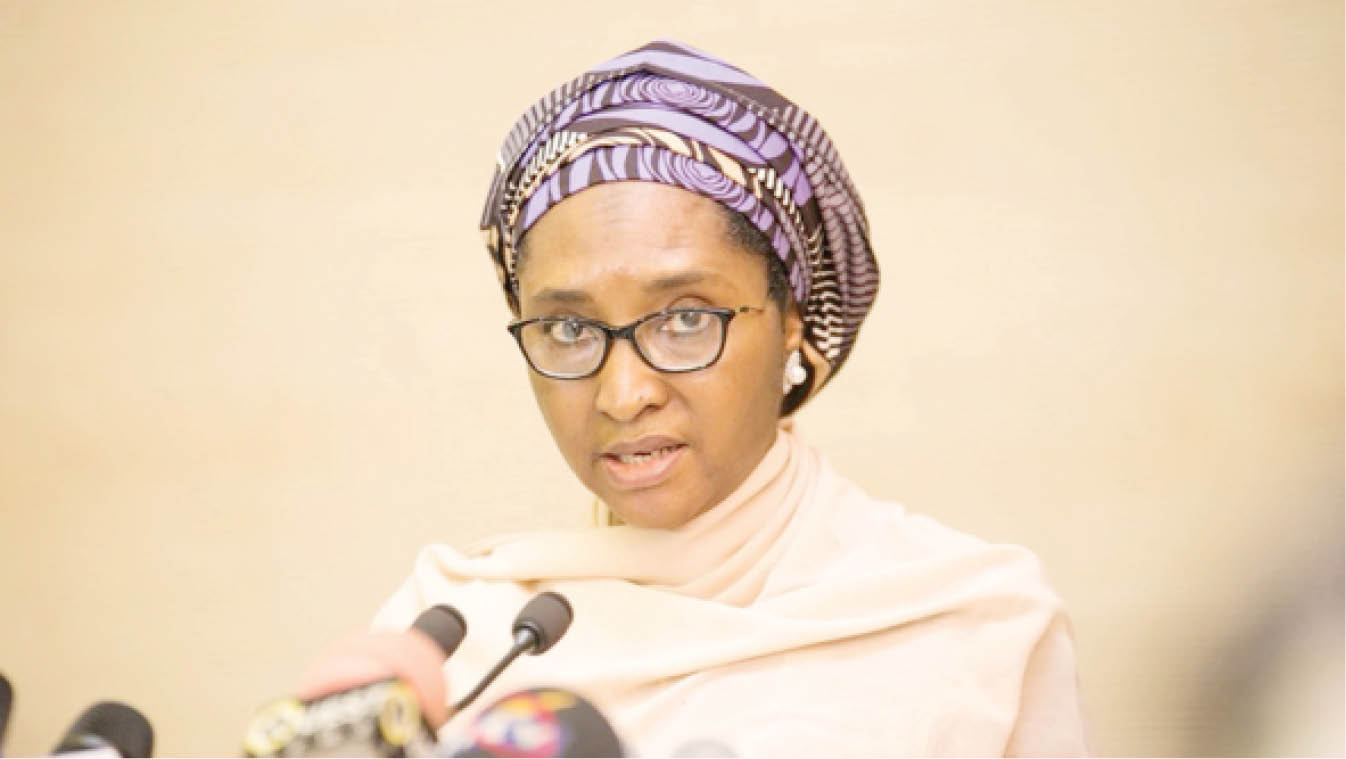Data compiled by Daily Trust show that the Central Bank of Nigeria (CBN) has made interventions in the retail Secondary Market Intervention Sales (SMIS) to the tune of $13 billion between August, 2018, and August, 2019.
This total is different from the recently introduced Chinese Yuan (CYN) interventions which are mainly geared towards manufacturers.
The CBN has pumped CNY1.3bn in the spot and short-tenured forwards segment of the inter-bank foreign market since the commencement of the sale of the CNY.
SMIS are targeted at the real sector of the economy (including manufacturers, importers of raw materials and airlines).
The average exchange rate of the naira vis-à-vis the dollar at the inter-bank segment has hovered around N360 to a dollar within the period.
Analysts have said Nigeria’s Foreign Exchange (Forex) policies are not popular with the devotees of the free market (if such exists) but should be viewed in context.
The country’s voracious appetite for imports has contributed to placing Forex related policies on the FG’s front burner. Over the past two years, the CBN’s Forex reforms have resulted in improved Forex liquidity.
This they note is evident from the stability of the several exchange rates in operation. The CBN’s interbank/official rate (for priority transactions) is currently N307/$. This compares with N361/$ at the Investors and Exporters (I&E) window.
The CBN’s introduction of the I&E Forex window (also referred to as NAFEX) in 2017 has recorded visible successes in boosting Forex liquidity and aiding price discovery. Turnover at the window amounted to $60bn in 2018, with the CBN supplying 28.3 per cent of the total.
The analyst however noted that Nigeria’s Forex market is still vulnerable to oil price shocks and changes in FPI sentiment. Additionally, they said the once sizeable current-account surplus had steadily been eroded. The need for a diversification of the revenue base and steps by the FG to stimulate export activities cannot be overemphasised.
Commenting on the impact of the apex bank’s intervention in stabilising the Forex market, the Director, Corporate Communication, Mr. Isaac Okorafor, attributed the relative stability in the Forex market largely to the continued intervention of the CBN.
He said the apex bank would continue to come up with measures that would ensure the value of the naira appreciated in the Forex market.
The CBN Governor, Mr. Godwin Emefiele, at a forum with private sector operators in Lagos recently, restated the bank’s commitment to continue to defend the naira, saying that the CBN Act demanded that the bank “defends” the naira using the Forex reserves.
He also said policies of the apex bank in the past five years had been focused on protecting the purchasing power of the poor and vulnerable persons in the country.

 Join Daily Trust WhatsApp Community For Quick Access To News and Happenings Around You.
Join Daily Trust WhatsApp Community For Quick Access To News and Happenings Around You.


